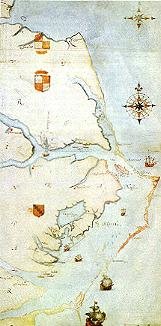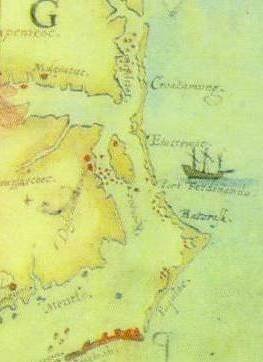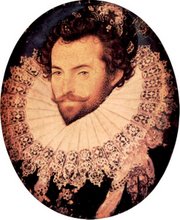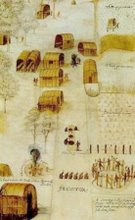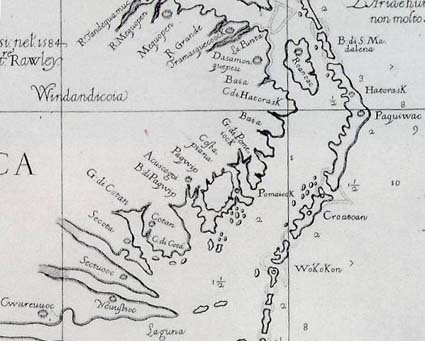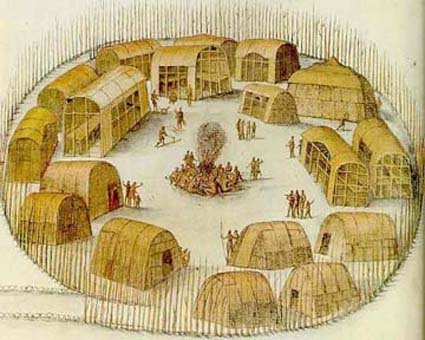OCRACOKE PONIES
OCRACOKE'S FAVORITE RESIDENTS
Legend has it that the "Banker" horses of Ocracoke were left by shipwrecked explorers of the 16th or 17th Century. European ships commonly carried livestock to the New World. If a ship ran aground near the coast, animals were thrown overboard to lighten the load so that the ship could be re-floated. The livestock were often left behind when the ship again set sail. Sir Richard Grenville's ship TIGER ran aground at Ocracoke Island in 1565.* There is speculation that he may have unloaded Spanish mustangs on the island.
Evidence also exists of a failed earlier Spanish colony further south along the Carolina coast in 1526. Their horses, if abandoned, may have slowly spread north to Ocracoke.
Banker horses have been documented on Ocracoke since the first European settlers came to stay in the 1730's. There have been as many as 300 horses on Ocracoke Island. They have played a major role in the island's history, serving residents as beasts of burden at work and at play, in beach rides and races.
The U.S. Life-saving Service used horses until 1915 for beach patrols and to haul equipment to and from shipwreck sites. The Coast Guard kept a small band of Banker ponies to patrol the beaches during World War II. For a period of the 1950's, islanders held annual July 4th pony "pennings". Horses and colts were rounded up and driven into the village to be corralled and then branded. Some horses were sold during the event.



